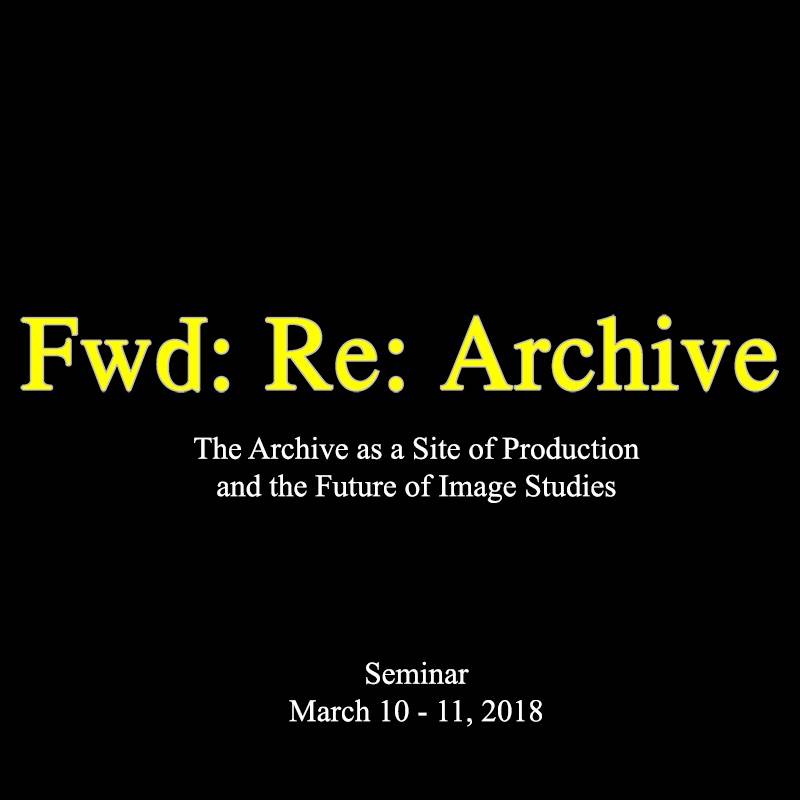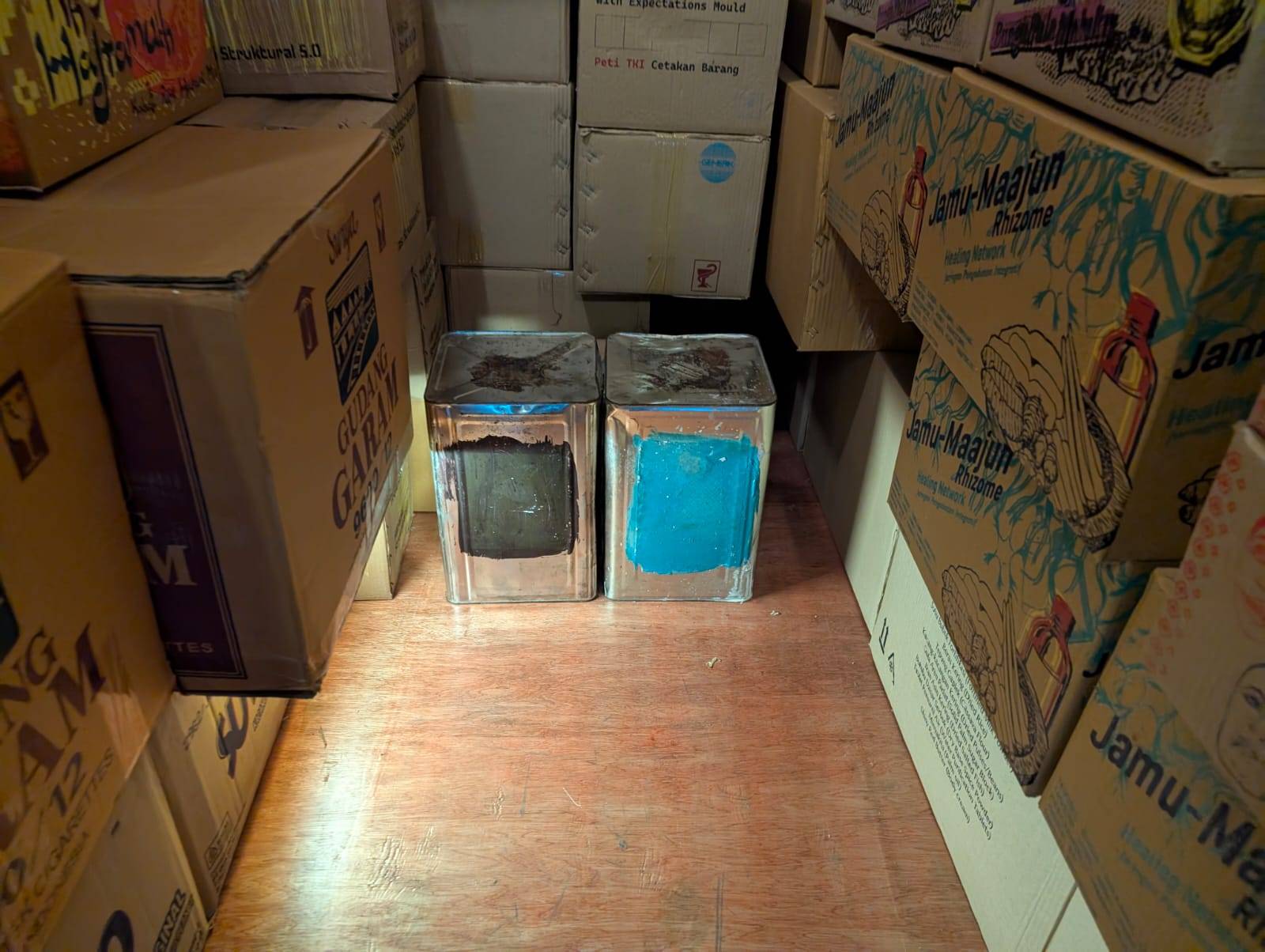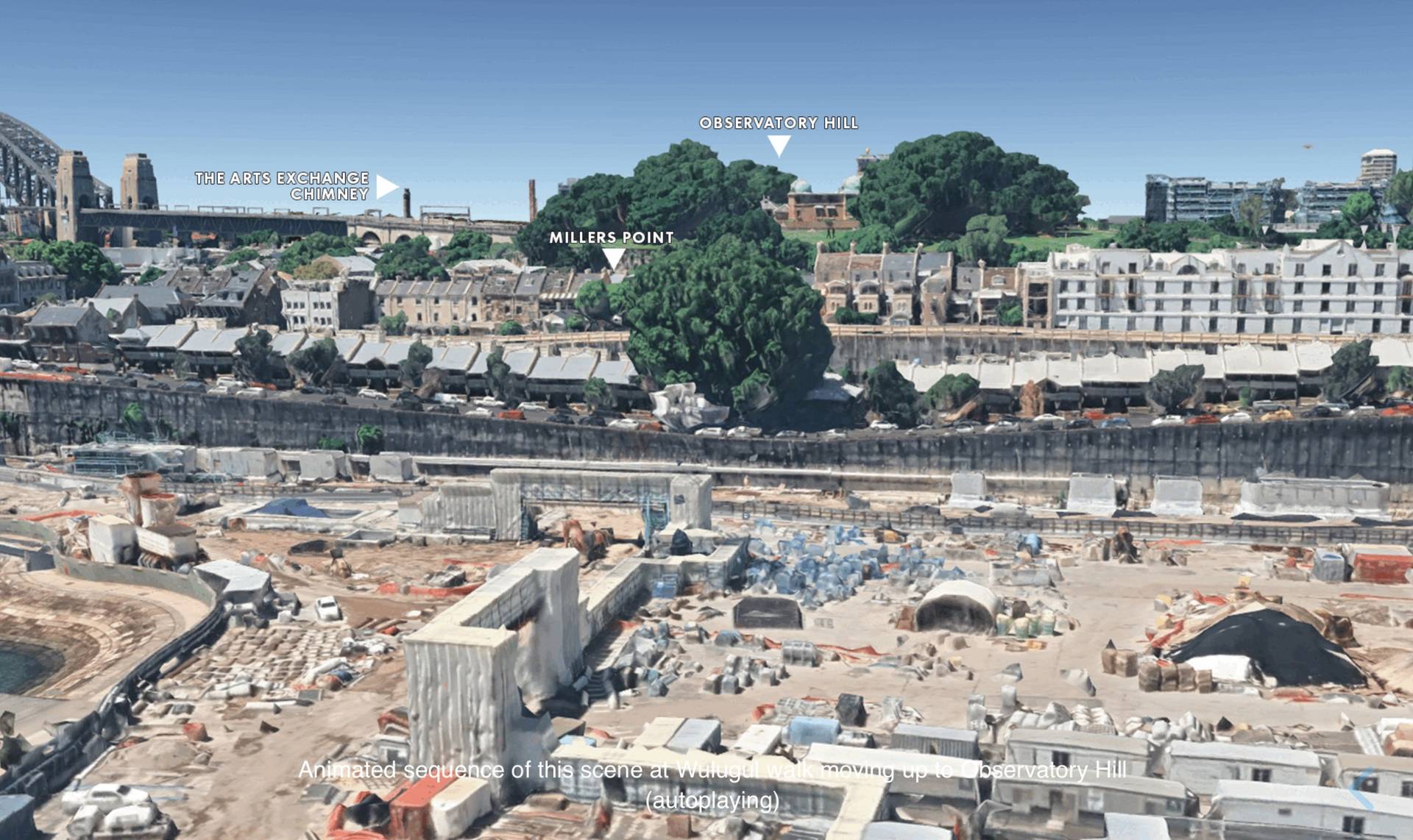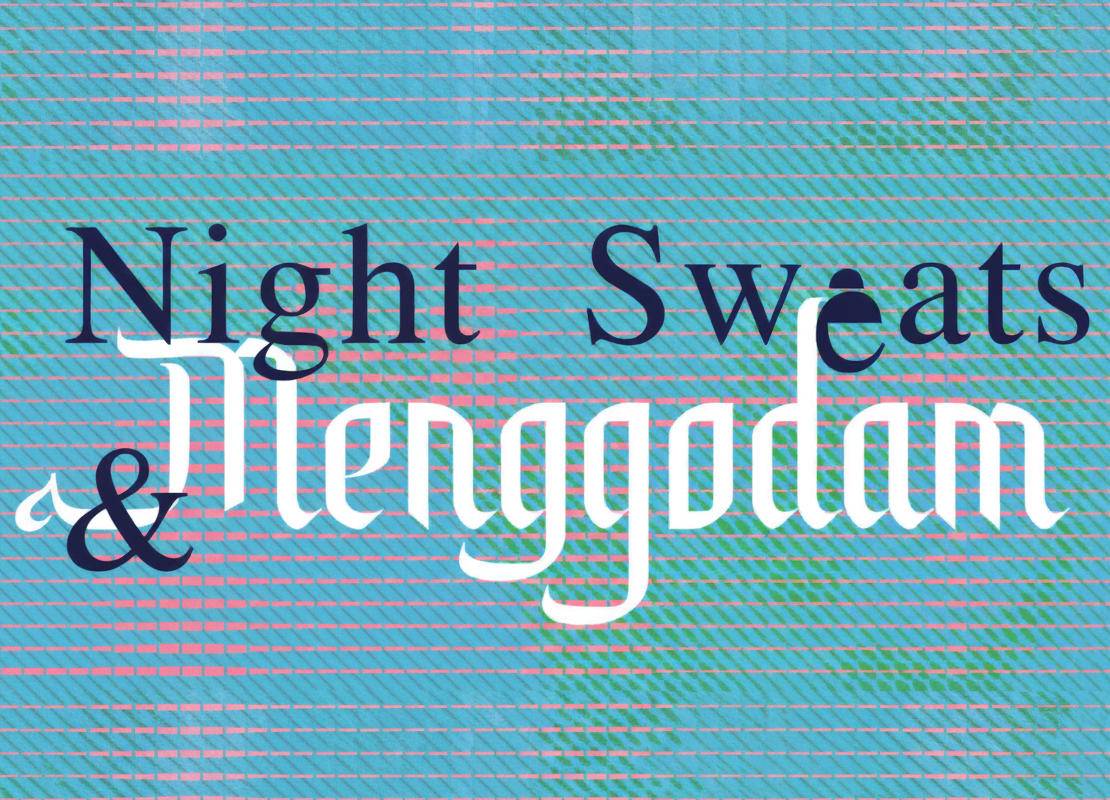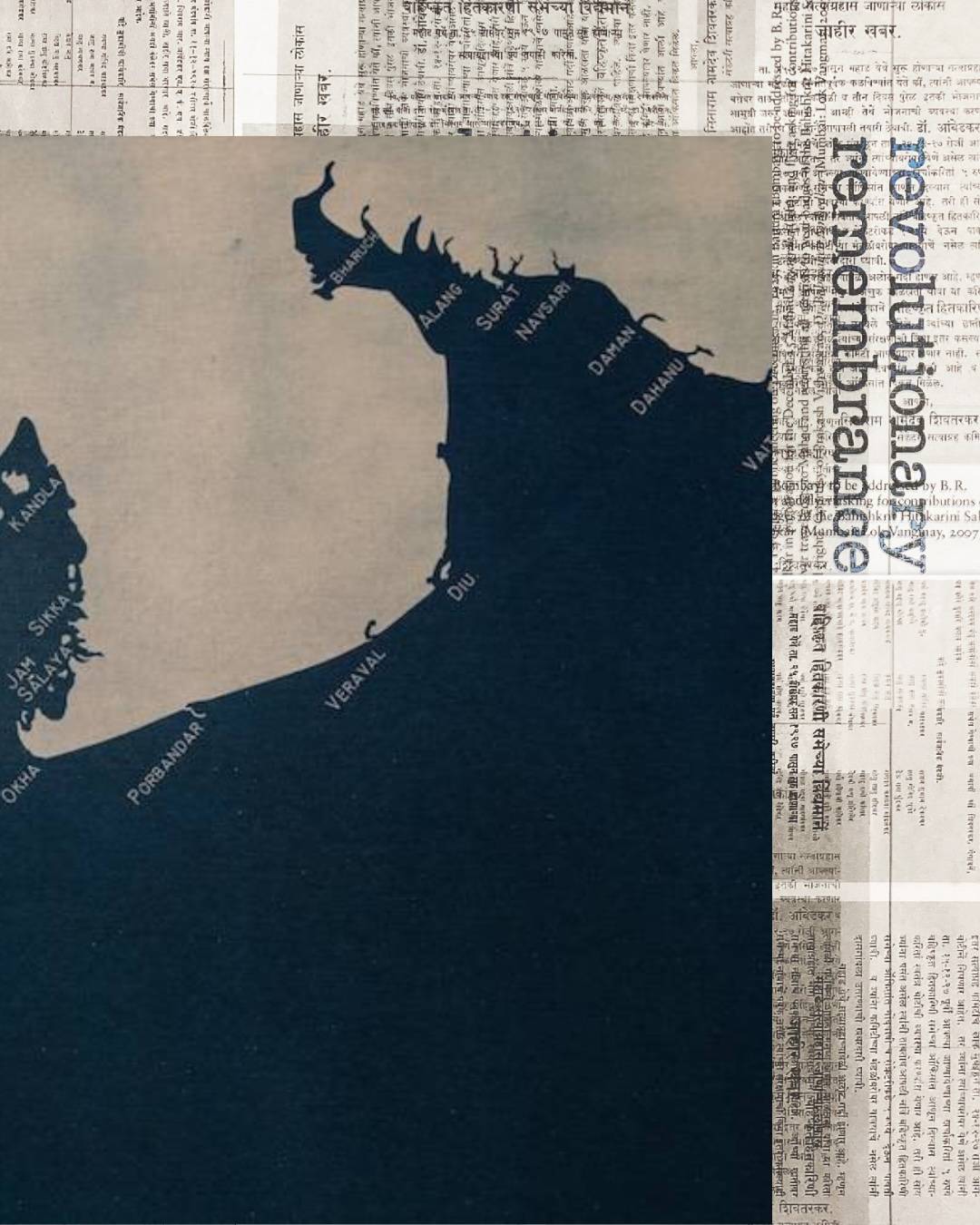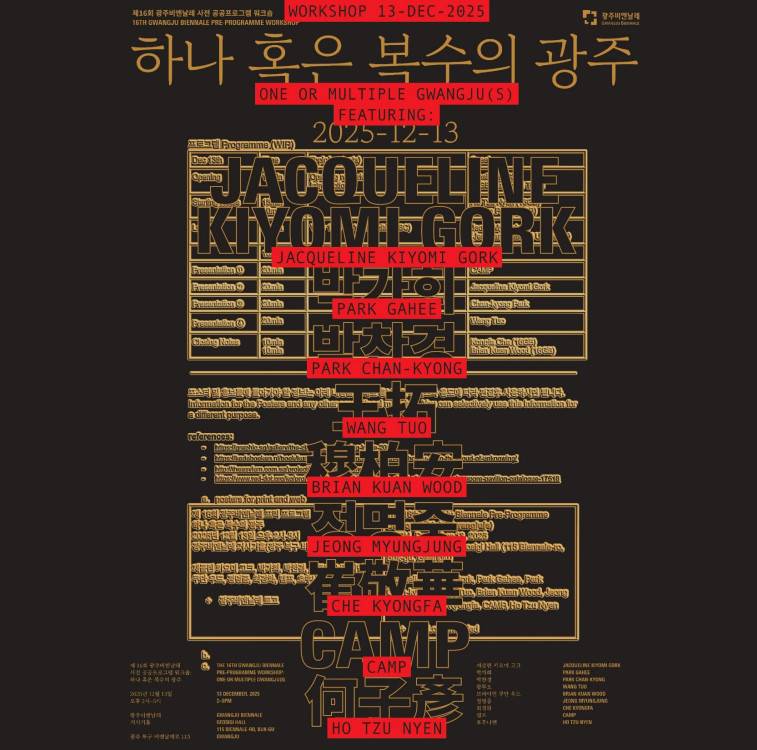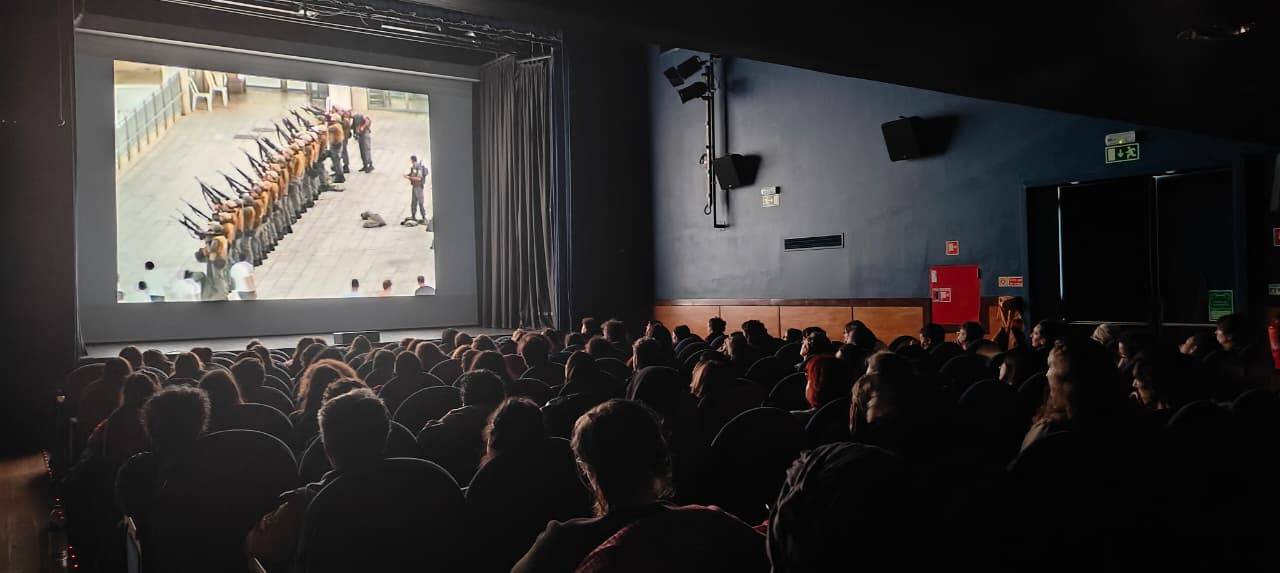
From Archive to Application (and Back)
July 16, 2010 - July 19, 2010
Friday, 16th July, 6:30pm
1 Shanti Road, Bangalore
17th and 18th July 2010 at Jaaga
supported by the Centre for Internet and Society, Bangalore
Pad.ma has been running as an online archive of digital video with text annotations, for over two years. During this period, the focus has been on gathering materials, annotating densely, and building an archive. At present, pad.ma has over 400 hours of footage, in over 600 "events". Almost all of this is fully transcribed and often mapped to physical locations. Essays have been written over video, and narratives created across different clips in the archive. The focus has been on pulling material into pad.ma.
What are ways to start thinking about pulling material out of pad.ma? From the onset, pad.ma has had an API (documented at http://wiki.pad.ma/wiki/API), a programming interface that allows you to perform searches, seek to exact time-codes in any video, fetch transcript and map data, and display all this however you please. Also Pad.ma's General Public License (PGPL, http://pad.ma/license) is designed specifically for the reappearance and reuse of the material in Pad.ma for non-commercial, research and educational use. Through the experience of running the archive, there have been various imaginations of multiple, layered, time-based annotations over video: pedagogical tools for learning and discussion; presentation tools that juxtapose text and video in new ways, essays and other writing formats enabled by rich and context-specific media.
At the workshop, we hope to explore some of these imaginations for video on the web, and video's new qualities as a result of online practices. We invite video-makers, writers, coders and other enthusiasts to participate. Taking the term "application" in the broadest possible sense, we invite participants to bring video material, texts, software, or ideas, combine them with existing materials and tools in pad.ma, and develop innovative kinds of "output", which then echo into the structure of the archive.
If youre interested, have a look at the Workshop Outline above, and send us a line at pad.ma@pad.ma, with a short bio and ideas for your participation.
|
|
||||
This event is organized with Center for Internet and Society and Alternative Law Forum.
Time: 6:30 pm
Venue: 1 Shanthi Road, Shanthi Nagar, Bangalore
From Archive to Application (and back)
an evening of conversations around archiving practices and technology.
Introducing Pad.ma: Namita A. Malhotra (ALF) and Subuhi Jiwani (Pad.ma)
Building a digital archive: Nishant Shah, Center for Internet and Society
Krumbigal project: family archives and (re)writing histories: Suresh Jayaram, Artist
Archives for the arts and new possibilities posed by the internet: Annapurna Garimella, A.R.T.
Playing with the archive: Sanjay Bhangar, CAMP and Pad.ma
Please join us after for dinner and drinks at 1 Shanthi Road.
Workshop Outline
After a hands-on introduction to pad.ma and its possibilities and tools, the workshop will break up into streams for content and code. One day 2, these streams come back together.
In the content stream, participants could:
- bring in their own footage, clips from popular or unpopular cinema, science or lab videos, ads or news, artworks or documentary films, and write on or with them.
- bring together shots, scenes or sounds from fiction or non-fiction films, and make a 'movie' or create a 'running commentary' alongside.
- write over video critically or creatively: theorise or contextualise footage, collectively author textual narratives or weave fiction and/or poetry with moving images.
- create teaching units or illustrated lectures using pad.ma, begin a research project or map a phenomenon through video and text.
In the code stream, participants would:
- devise new ways in which video and text can speak to each other, and to an online audience.
- For developers, this 2-day workshop is an opportunity to experiment with the newest web-video technologies. Concretely, we will cover some background and history of HTML 5 <video>, understand how the pad.ma website works with time-based annotations, server-side seeking of video, etc. and finally work on hacking on applications / prototypes using the pad.ma API (http://wiki.pad.ma/wiki/API). The developer track of this 2-day workshop is open to all, but knowledge of HTML, CSS and / or javascript would be useful.
